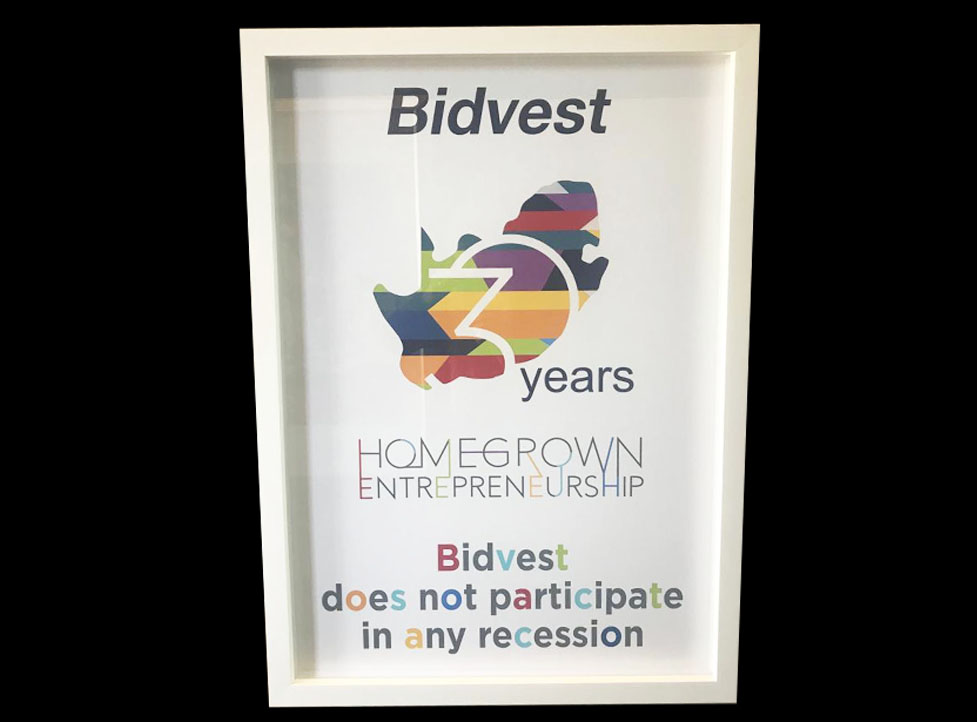
My dad’s name was Albert. Bert for short.
There was a reason his older grandchildren named him “Bert the Flirt.” He was a good-looking, enormously fit and healthy 90-year-old and while always a devoted husband, was an unashamed flirt. The years were beginning to tell, but he was still playing up to three games of golf a week.
We were celebrating his 90th birthday. The speeches were done, and we surveyed the room.
“Why are you so happy at 90?” I asked.
“Look around you,” came his reply. “What do you see?”
There was a sea of grey hair and balding heads interspersed with multiple generations of his family. It was a great gathering and testament to a life well lived. Anyone, at any age, would be proud to host a party like that.
“I see lots of old women,” came my reply.
“Some of them aren’t even 80 yet,” came a characteristic cheeky reply, his bushy eyebrows lifting to allow the light to catch the glint in his pale blue eyes.
“I still don’t understand what’s so good about being 90,” I replied flummoxed.
“My boy, at my age, there’s no competition….”
In tough economic environments, as with age in small seaside towns, companies would do well to remember that often it is those that outlast their competitors and continuously optimize their systems and processes and seek strategic growth opportunities in a downturn, that emerge stronger and better positioned for the next up cycle.
So often businesses and their leaders capitulate in times of difficulty because they struggle to navigate through the pervasive negativity that surrounds them at work, at social gatherings and especially in media and social networks.
It takes extraordinary courage to “go against the flow” as Investec Bank founder Stephen Koseff once told me. Good deals, he said were made in difficult times when asset prices were depressed and there were fewer bidders for quality businesses. In the same way as Capital Hotels founder Marc Wachsberger has built his business out of buying up portfolios of distressed assets left vulnerable as the anticipated post-soccer world cup boom failed to materialize and the Covid fueled tourism collapse. He was able to buy properties for a fraction of their original value.
Bidvest founder Brian Joffe, who created one of the biggest services businesses in Africa and one of the world’s biggest food services operations outside the United States, knew he needed to box more smartly than anyone else during the global recession of 2008/09. He had posted in offices, warehouses and factories across the globe a simple poster which read: “Bidvest does not participate in any recession.” It was a clarion call to think differently to ensure that the group emerged from the crisis in a stronger position than where it went in.
Where competitors were zigging, he wanted Bidvest to be zagging. Not ignoring the risks that were prevalent at the time, but continuously looking for opportunity when others became overwhelmed by the negativity and persistently frightening news flow. Stephen Saad, the founder of Aspen Pharmacare, one of the world’s ten biggest pharmaceutical firms with operations in more than 50 countries has had a similar approach in the nearly 30 years since taking the helm. If a banker brings him a deal, he is not interested in looking at it because, in his view, it has already become too expensive for him to make a decent, speedy return.
Smart operators not only outlast their rivals but use difficult times to refine their own operating models and use their muscle to take on great talent from weaker rivals and in some cases acquire new opportunities. The biggest mistake they might make however is focus too much on being opportunistic and forget the strategic element. The ability to turn down a tempting deal in tough times is just as difficult to resist if you are not certain as to how it will bring value to your organization long term. Bad deals in difficult times disrupt and distract. Before you grow for growth’s sake, understand your own long term goal.
Anyone can be opportunistic, few can do it strategically



